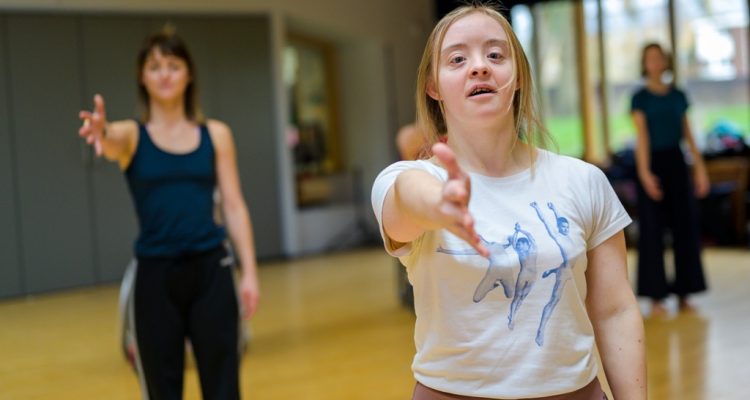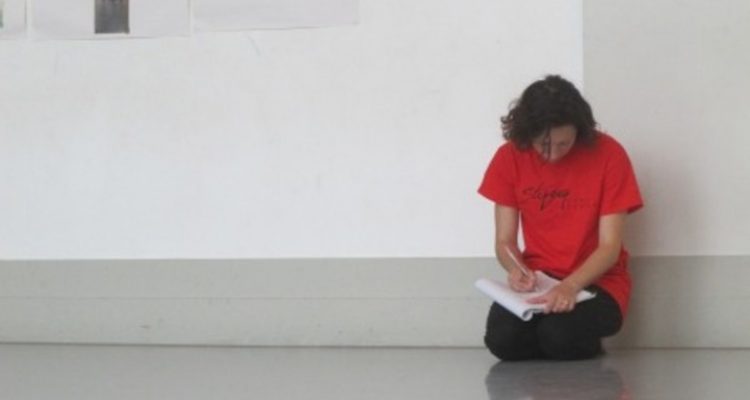We often get asked during most Q&A’s:
“How long did it take to make the piece?”
And our answer is usually:
“Well, it depends on the money, the context, the people and so it can take anything between 3 days to a year”
Quite a difference?
And yes I have made a touring piece for a company in 3 days, I wouldn’t now but back then as a young choreographer you feel every chance is your last opportunity to make-work and you grab it hungrily.
We recently made a scratch in 5 days, it ended up being 23 minutes long and lucky it did, because the twenty people expected at the sharing turned into 150 people – eek!
It was our recent outdoor research with two dancers from Stopgap and two dancers from Pamoja Dance, Kenya. The project is a good example of how sometimes throwing your findings together with plenty of space and play from the performers can work. It really helped it was outside, pieces made for the street arts often feel as if they need space between the steps for the elements to have their role. It was a beautifully sunny day in London and the audience soaked up the music, sunset and the performer’s very real performances.
It seems I either need a very short amount of time to piece a choreography together or a year, anything in between and there’s a danger I’ll start dismantling it with not enough time for me to put it back together.
To be honest I enjoy both ends of the scale. I like the adrenalin rush of a quick process, working on instincts and working intensively. This is how I grew up as choreographer. Working in the commercial sector – choreographing for competitions, cabarets, pantomimes and amateur dramatics.
Now I use these skills (speed not vaudeville) in the first half of the process of a major Stopgap piece. I’ll work very quickly spinning something together for a ‘Scratch’. Then we’ll rest, ponder and discuss. We will then have chunks of time refining and responding to what we have achieved. This way I feel the dancers have the security of knowing there is an outline of a work for which we can play with, develop and edit.
At Stopgap we always find ourselves working within limitations – one of our sound bites is
“Restriction is the mother of invention”
Restricting ourselves with an outline and themes early on seems to help the process drive forward. Making sure we have enough time for everyone to excel and own the work is also vital. We are now looking forward to the second stage of our African Collaboration in Holland after we have rested, pondered and discussed (over Whatsapp of course).




